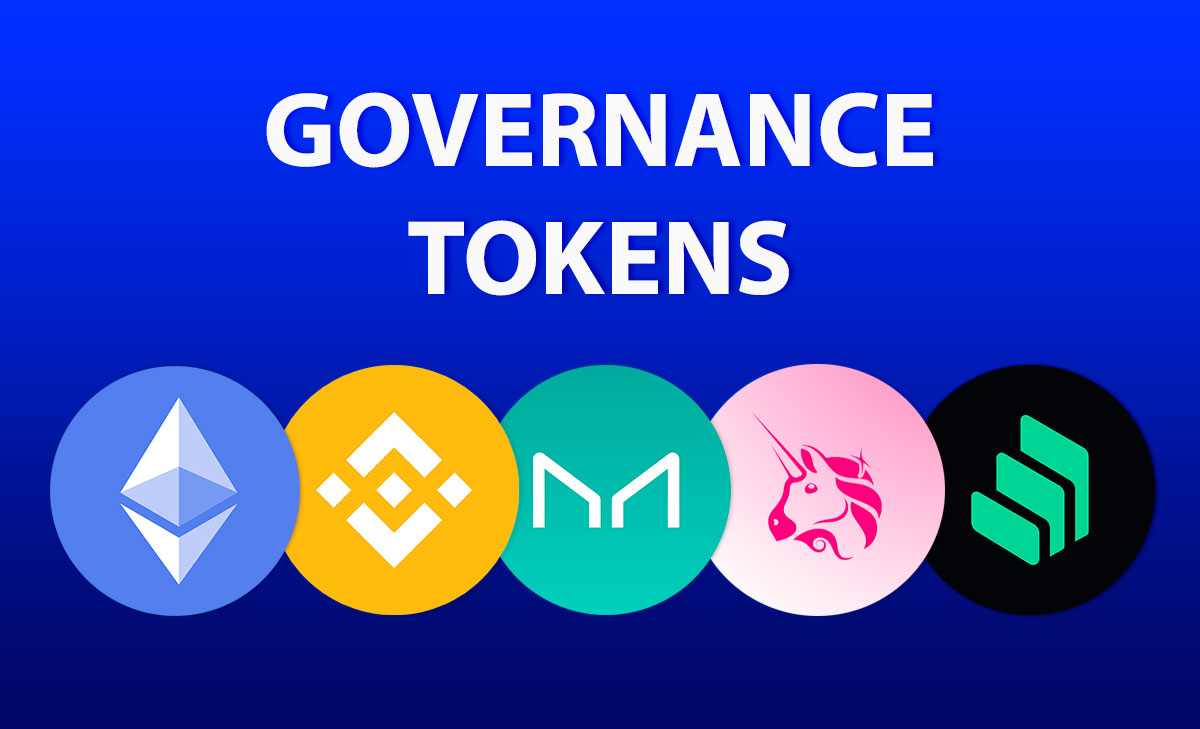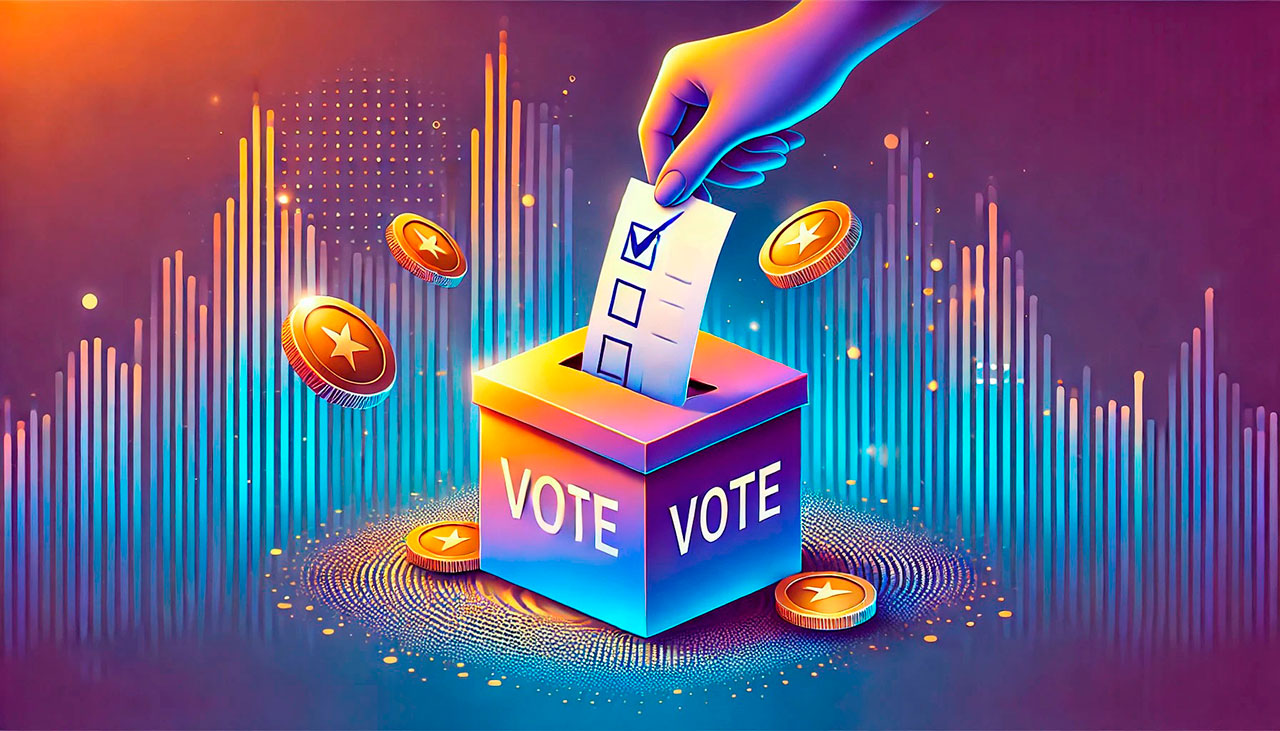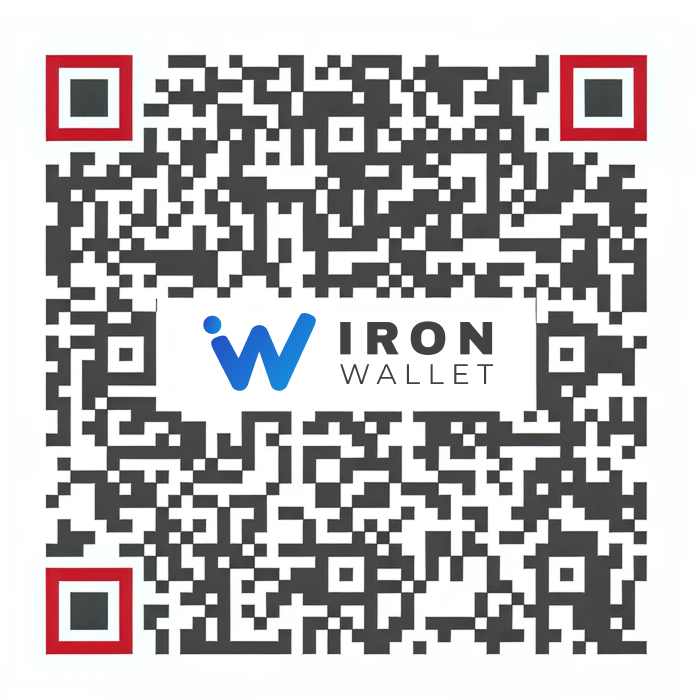What is a Governance Token?
A governance token is a digital asset that allows its holders to participate in decision-making regarding the development of a blockchain project. The main goal of governance tokens is to decentralize the decision-making process and give holders a voice in the management of the project. Governance tokens are a relatively new invention, and there are still debates about their effectiveness. Some believe they are the key to true decentralization, while others fear they might lead to the concentration of power among a small group of token holders.
In this article, we’re taking a look at the world of governance tokens – the buzzword in the blockchain and cryptocurrency scene. We’ll break down what they are, how they work, and why they’re a big deal for decentralized communities. Whether you’re a crypto newbie or a seasoned trader, you’ll get the lowdown on how these tokens are shaping the future of decision-making in the digital age.

Governance Token Definition
Governance tokens are a cool way to manage projects without relying on the usual big bosses, like boards of directors. Instead, these tokens let the community run the show in decentralized autonomous organizations (DAOs) and decentralized finance (DeFi) projects. The idea is simple: one token equals one vote. This means anyone with tokens can vote on what happens next with the project, all through smart contracts.
If you’ve got some of these tokens, you can directly shape how the project develops. Want to tweak the user interface? Vote on it. Think fees or reward distribution should change? Cast your vote. You can even push for changes in the project’s core code.
But that’s not all governance tokens do. While they’re mostly about voting and having a say, they also have other uses. You can use them to get loans, join staking pools, or make some extra cash through yield farming. Despite all these features, their main purpose is to share power among the community members.
Origin of Governance Tokens
Governance tokens have their roots in some of the first decentralized autonomous organizations (DAOs), like MakerDAO. MakerDAO kicked things off with its MKR token, launched back in 2017. It’s one of the biggest success stories for governance tokens. If you hold MKR, you get to vote on important stuff like the stability fee, what types of collateral to use, and other key protocol details.
These early trailblazers, like MakerDAO, showed everyone how effective decentralized decision-making can be in blockchain networks. They really set the stage for how governance tokens work today.
How Governance Tokens Work
DeFi projects usually roll out their governance tokens on a smart contract blockchain. You’ll find all the details about how they issue these tokens in their whitepapers. Often, they’ll reward community members with governance tokens for adding to the project’s liquidity pools.
When it’s time to vote, token holders head to a specific portal for the project, connect their wallets, and jump into the active and pending proposals. DAOs are super important here, letting users submit proposals and count the votes.
Every project has its own rules for governance tokens. These tokens get spread around to the founding team, investors, and users in different ways. Some tokens only let you vote on a few issues, while others cover everything from development updates to smart contract changes. Plus, some of these governance tokens can even earn you financial returns.
Governance Token vs Utility Token
Utility tokens are digital assets used for specific purposes, like paying fees or accessing certain products or services. On the other hand, governance tokens give you voting rights in managing a project.
Utility tokens are usually tied to the blockchain network or crypto platform where you got them. Take BNB, for example. It’s used on Binance to pay fees, vote for new token listings, and even pay for tickets or entry fees for things like Binance Launchpad.
The big difference is that utility tokens don’t give you any governance power. They’re great for various uses, but sometimes, governance tokens are the way to go. Besides letting you vote, governance tokens can also be used for staking and getting loans, making them more versatile than utility tokens, which are mainly just for transactions.
Advantages and Disadvantages

Advantages
1. Decentralization:
- Governance tokens are crucial for decentralizing a project in the DeFi ecosystem.
- They provide users with the opportunity to influence the operation of the project.
2. User Engagement:
- Holding governance tokens encourages users to stay engaged with the project.
- For example, holding COMP tokens motivates users to continue using the Compound platform to earn more tokens, creating a beneficial cycle that increases the platform’s value.
3. Efficient Development:
- Governance models ensure that developers can focus on features that the community needs.
- This reduces the time and resources spent on developing features that might not be used, which is a common issue in traditional development models.
Disadvantages
1. Complexity:
- Governance tokens can be complex, making it difficult for users to understand how they work.
- Multiple types of tokens with different functions can lead to user apathy, as people might not want to participate in governance if they don’t understand it.
2. Potential for Abuse:
- Users who hold a large number of tokens can easily sway votes in their favor.
- This can lead to decisions that do not serve the best interests of the platform as a whole.
3. Lack of Accountability:
- There can be a lack of accountability if a decision made through governance tokens turns out to be wrong.
- No one may be held responsible for poor decisions, which can negatively impact the project.
How to Get a Governance Token
These days, the easiest way to snag a new governance token is through an airdrop. This is when the issuer gives out a bunch of tokens to lots of users based on specific criteria.
Usually, the requirements for joining an airdrop are pretty relaxed. Take Uniswap, for instance. They handed out an equal amount of UNI tokens to everyone who had either traded cryptocurrencies or provided liquidity on their platform before a certain date.
Once the tokens are out there, they get listed on various trading platforms, and anyone can buy them. Since governance tokens are traded just like other crypto assets, their prices go up and down based on supply and demand.
The Future of Governance Tokens
Governance tokens are set to become a big deal in decentralized areas like Web3, DeFi, and gaming. They’ll keep getting better by fixing current issues, introducing new ways to vote, and finding solutions for the problem of whales (those big holders who can sway votes too much).
However, changes in laws might affect these projects. Some countries see tokens as securities, which could bring in some strict rules and operational limits.




